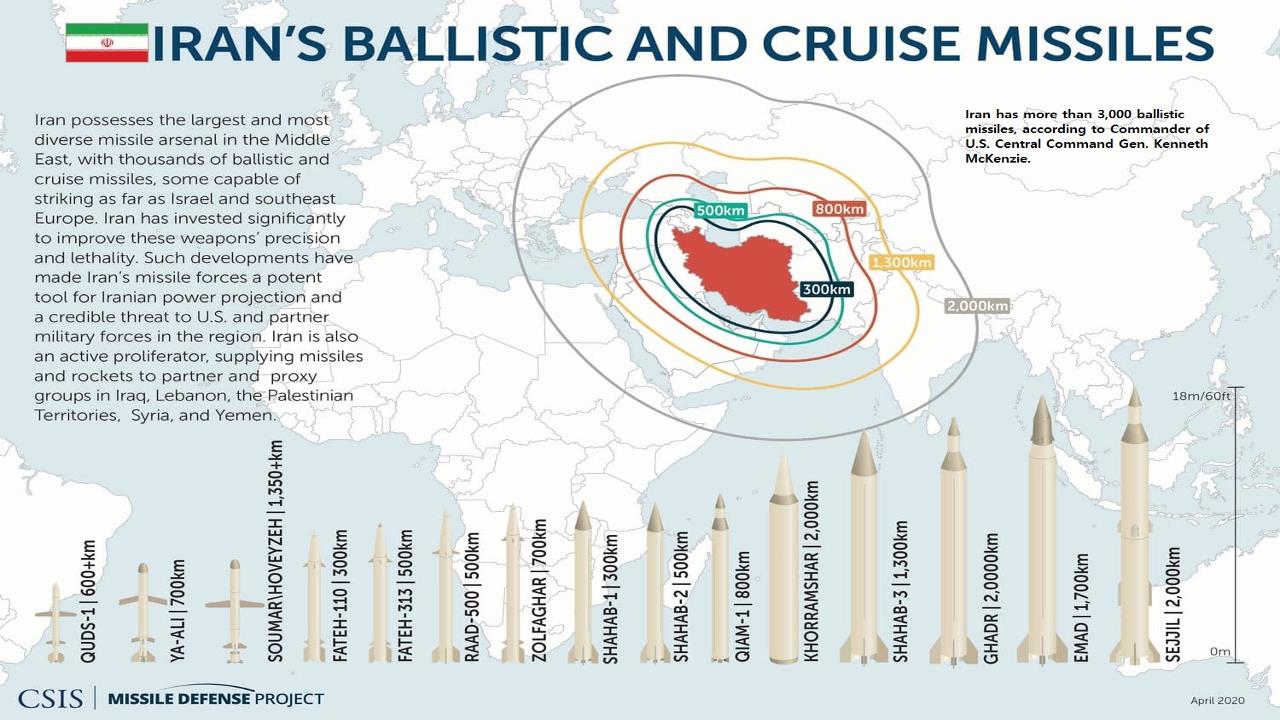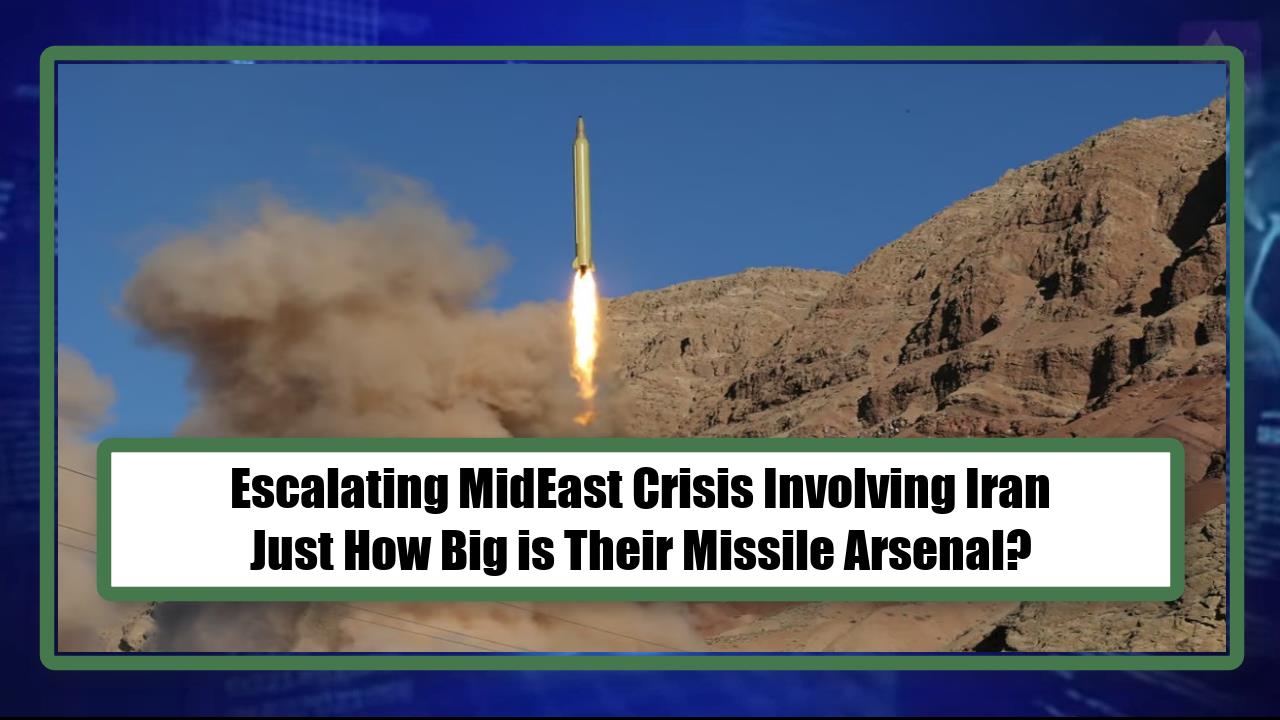Video:
Take our online poll:
AI Analysis:
Developing military missile technology is an extremely complex and challenging endeavor that requires a high level of expertise, significant resources, and strict adherence to international regulations and agreements. Several factors contribute to the difficulty of developing military missile technology:
1) Technical Complexity: Missile technology involves a wide range of complex engineering disciplines, including propulsion systems, guidance and control systems, materials science, and aerodynamics. Creating a reliable and accurate missile system requires a deep understanding of these technologies.
2) Research and Development: The development of missile technology often involves years of research and development. It requires substantial financial investments in infrastructure, laboratories, and testing facilities.
3) Propulsion Systems: Developing powerful and reliable propulsion systems, such as solid or liquid rocket engines, is a significant challenge. The ability to control and optimize the engine's performance is crucial for missile effectiveness.
4) Guidance Systems: Missiles need sophisticated guidance and control systems to reach their intended targets with precision. These systems often use advanced sensors, inertial navigation, and GPS technology.
5) Materials and Manufacturing: Developing missiles requires advanced materials that can withstand the extreme conditions of launch and flight. Manufacturing precision components to exacting standards is a critical aspect of missile development.
6) Testing and Evaluation: Rigorous testing, including flight tests and simulations, is essential to ensure the missile's reliability and accuracy. Testing can be expensive and may require specialized testing ranges and facilities.
7) Security and Secrecy: Developing military missile technology is often shrouded in secrecy due to national security concerns. Securing sensitive information and preventing technology leaks is a challenge.
8) International Regulations: Many international agreements, such as the Missile Technology Control Regime (MTCR), restrict the proliferation of missile technology and components. Violating these agreements can have serious diplomatic and legal consequences.
9) Resource Allocation: Developing missile technology requires a significant allocation of resources, both financial and human. Nations or organizations with substantial resources are better positioned to undertake such projects.
10) Political and Diplomatic Challenges: The development of military missiles can lead to diplomatic tensions and international concerns. It may also impact a nation's relationships with other countries.
It's important to note that the development of missile technology for military purposes is subject to international regulations and arms control agreements. Violating these agreements can have serious consequences, including sanctions and international isolation.
In summary, developing military missile technology is a highly challenging and complex undertaking that requires technical expertise, substantial resources, and careful adherence to international regulations. It is typically pursued by nation-states with well-established defense industries and extensive research and development capabilities.
Chart:

References:


Comments